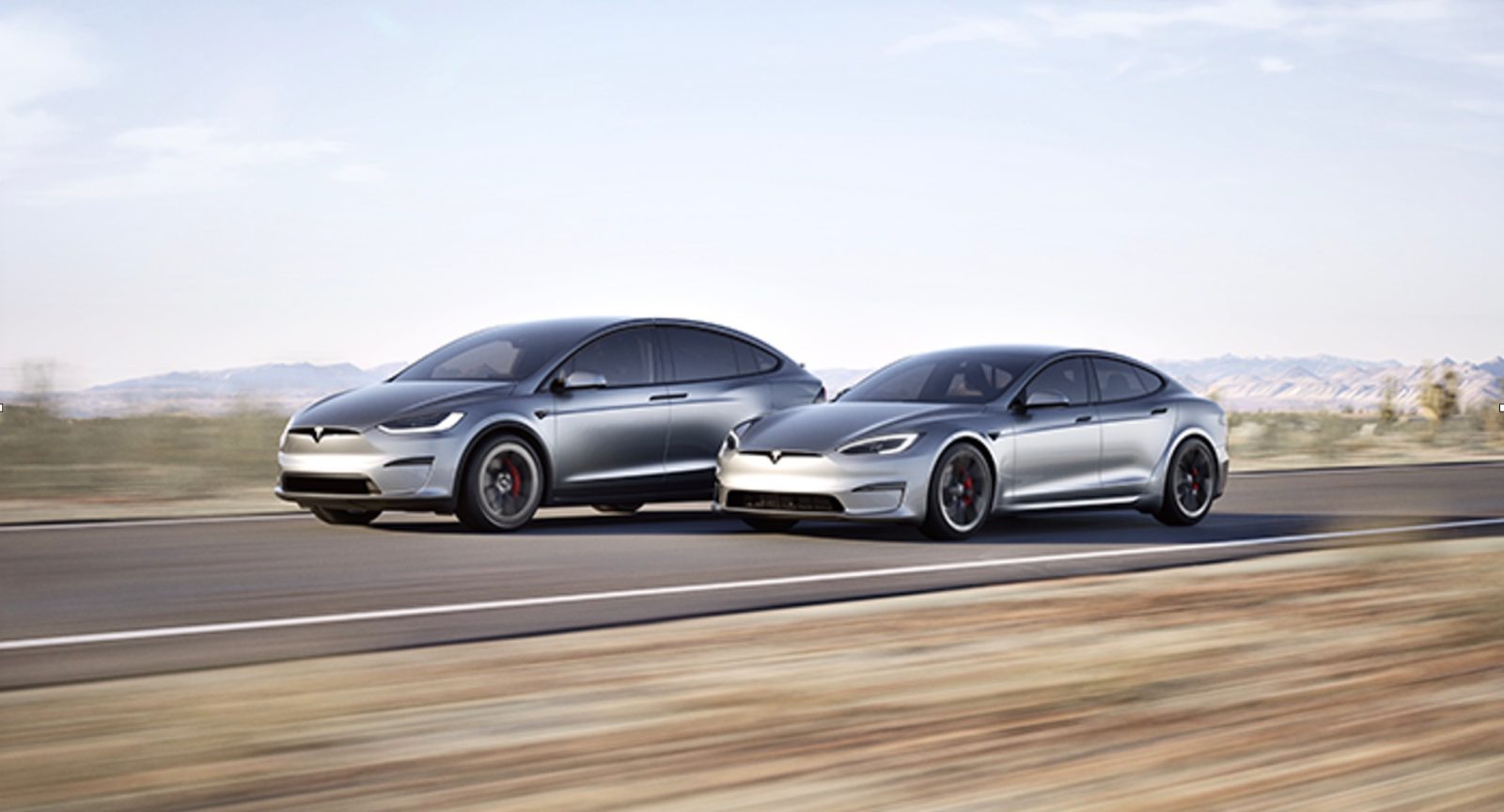Tesla stops taking Model S and Model X orders in China amid new tariffs

Tesla has stopped taking orders for its Model S and Model X flagship electric vehicles in China – seemingly in reaction to new tariffs.
In China, Tesla produces Model 3 and Model Y vehicles locally at Gigafactory Shanghai for the domestic market and some exports.
Model S and Model X are exclusively produced in the US at Tesla’s Fremont factory in California. The automaker imported the vehicles from the US into China.
Amid President Trump’s new trade wars, the US is now imposing 145% tariffs on all Chinese goods, and China responded by implementing 84% tariffs on US goods, including vehicles.
Advertisement - scroll for more contentUpdate: China has now raised the tariffs on US goods to 125%.
This would almost double the cost of US vehicles imported in China, including Tesla’s Model S and Model X.
In the middle of the night, Tesla shut down its Model S and Model X online configurations in China – meaning that Chinese customers can’t place new orders for the electric vehicles.
This isn’t expected to significantly impact Tesla’s business, considering the automaker delivered just over 2,000 Model S and Model X vehicles in China in 2024.
Tesla is still selling what it has in inventory already in China. Still, after a quick inventory check, it appears to have very low new Model S inventory and virtually no Model X.
Electrek’s Take
One of the first victims of the trade war in the EV space. It kills a relatively small market of about 2,000 vehicles for Tesla in China, but those are profitable vehicles, which is not the case for most vehicles Tesla sells in the country these days.
Top comment by Joe Hodgson
Liked by 33 peopleMusk is experiencing his "Mike Pillow" moment: everything and everyone that Trump touches turns to dog-doo, and Musk is no exception.
It wouldn't be surprising to see the Chinese government effectively shut down his plants in China, and thus oblige him to sell his plants and equipment for cents on the dollar.
90% of the vehicles Tesla delivers in China are Model 3 and Model Y RWD, which are low-margin vehicles that Tesla has to subsidize 0% financing on to move. It results in the automaker making little to no profit on those vehicles.
In the case of Model S/X in China, we are only talking about roughly $170 million in potential lost revenue for Tesla, but at least the company was making some profits on those.
As we previously reported, Tesla’s biggest concerns amid this trade war are the tariffs on Chinese battery cells entering the US, which support its Megapack and Powerwall energy business, and Chinese buyers turning away from American brands.
If the trade war with China escalates even more, Tesla could even start worrying about the status of its factory in Shanghai, which is a rare auto factory wholly owned by a foreign automaker in China.
Disclaimer: Investing carries risk. This is not financial advice. The above content should not be regarded as an offer, recommendation, or solicitation on acquiring or disposing of any financial products, any associated discussions, comments, or posts by author or other users should not be considered as such either. It is solely for general information purpose only, which does not consider your own investment objectives, financial situations or needs. TTM assumes no responsibility or warranty for the accuracy and completeness of the information, investors should do their own research and may seek professional advice before investing.
Most Discussed
- 1
- 2
- 3
- 4
- 5
- 6
- 7
- 8
- 9
- 10